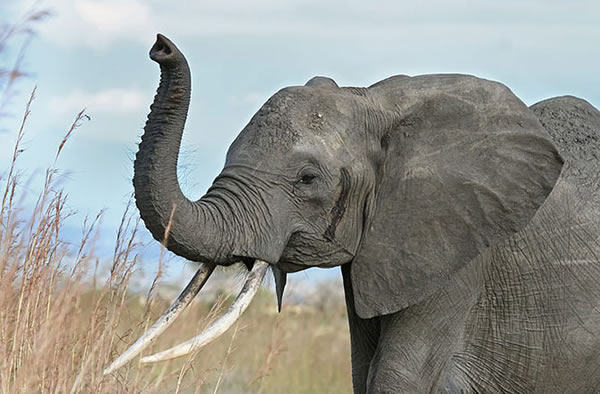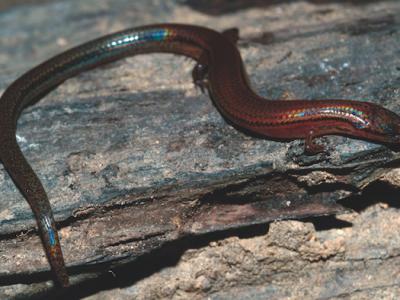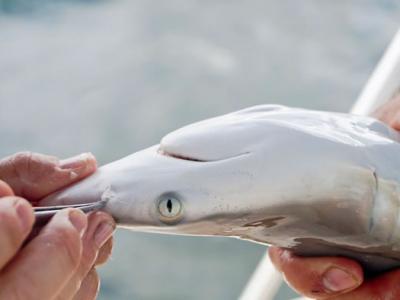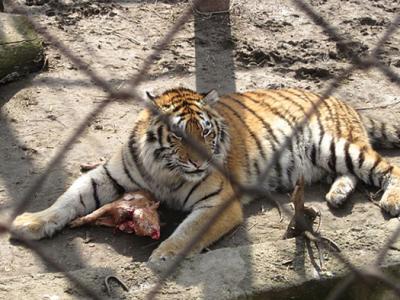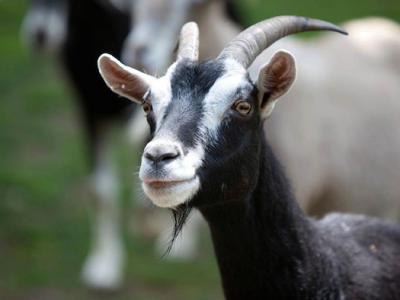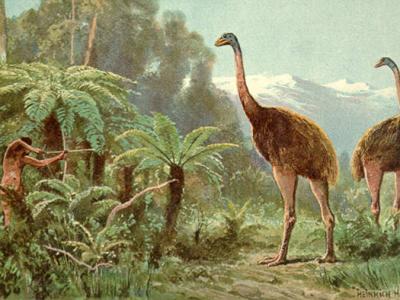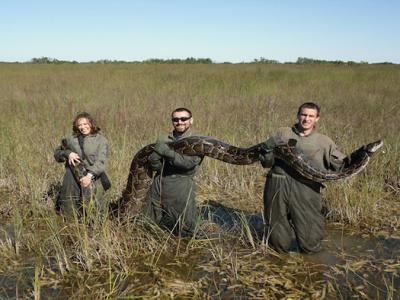Elephants Get Unlikely Help -- But Is It Enough?
Elephants Get Unlikely Help -- But Is It Enough?
Tourists, basketball players and dogs would seem to have little in common, but all three are helping to protect elephants from imminent extinction.
On this World Elephant Day, an estimated 420,000 elephants roam the African continent. In 1980, the elephant population there was around 1.2 million. As of now, ivory poachers kill 35,000 African elephants each year, often in bloody massacres that leave entire herds decimated.
“The level of killing is clearly not sustainable,” Craig Sholley, vice president of the African Wildlife Foundation, told Discovery News. “Unless we act quickly and forcefully, elephants in the wild could go extinct in our lifetime. That would be a grave loss.”
Three species of elephants are now recognized: African forest elephants, African savannah elephants and Asian elephants. The latter only consist of about 40,000-50,000 individuals. All three types are targets of poachers.
Ivory symbolizes prestige and wealth in Asian countries, where demand for the hard, white material continues to grow.
“Phenomenal affluence exists in China now, with billionaires and others wishing to tout their wealth by purchasing ivory,” Sholley explained. “Many people in China have no idea that elephants must be killed in order to obtain their ivory.”
He said that Chinese presence in Africa has dramatically risen in recent years, with some 1.5 million workers in Africa now. Many are low paid, seeing ivory as a form of “take-home social security.” Numerous African locals, hoping to make a significant amount of fast cash, are also engaged in poaching and other wildlife trafficking.
To fight this illegal activity “rangers are risking their lives on a daily basis,” Sholley said, adding that even poachers who are nabbed are not penalized much. Airport police, rangers and others are now employing dogs to sniff out ivory and other illegal goods. He hopes that racketeering laws may be applied to the criminals, leading to stiffer penalties.
James Deutsch, Wildlife Conservation Society executive director for Africa programs, told Discovery News that on paper, Africa has a strong network of protected areas, with more than enough room for the current population of elephants.
“The biggest challenge is actually protecting elephants within these,” Deutsch said. “A second challenge, important over the longer run, is maintaining corridors between them so elephants can move around. Even in some areas of serious civil unrest, such as Garamba in northern DRC and the Sudd Swamp in South Sudan, partnerships between governments and NGOs have shown that effective protection is possible, given political commitment and sufficient resources.”
The cost of protecting elephants on the ground is not insignificant, running about $2 to 4 million per year for each park.
The good news is that such money is a drop in the bucket compared to income from ecotourism, especially when added to overseas developmental assistance funds and money from sales of other natural resources. Sholley just returned from a trip to Rwanda and Uganda, where communities are benefiting financially from lodges for tourists who hope to see and photograph elephants and other wildlife. The animals therefore become valuable assets for locals, providing strong incentive for conservation.
An education campaign is also underway in China, and that is where the basketball players come in. Professional athletes like Yao Ming, along with other Asian celebrities, are involved in public awareness campaigns to educate people about the devastating costs to elephants caused by the ivory trade.
Even with the education efforts, dog detection of ivory, ecotourism and continued hard work of conservationists, still more action is needed. The WCS holds that a drastic increase of funding and an immediate focus on protection strategies are essential to turning the tide for elephants.
“The elephant poaching crisis in Africa is the most urgent threat to biodiversity on the continent today,” Deutsch said. “Raising awareness of the issue is vital to encourage countries around the world to end domestic and international ivory sales.”(Aug 12, 2013 06:00 PM ET // by Jennifer Viegas )
